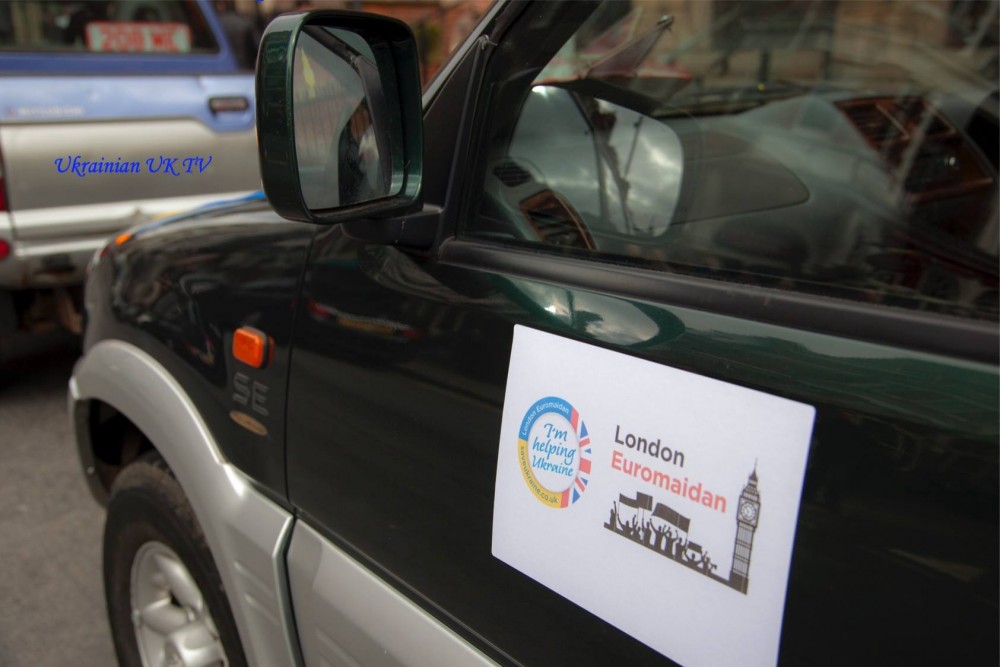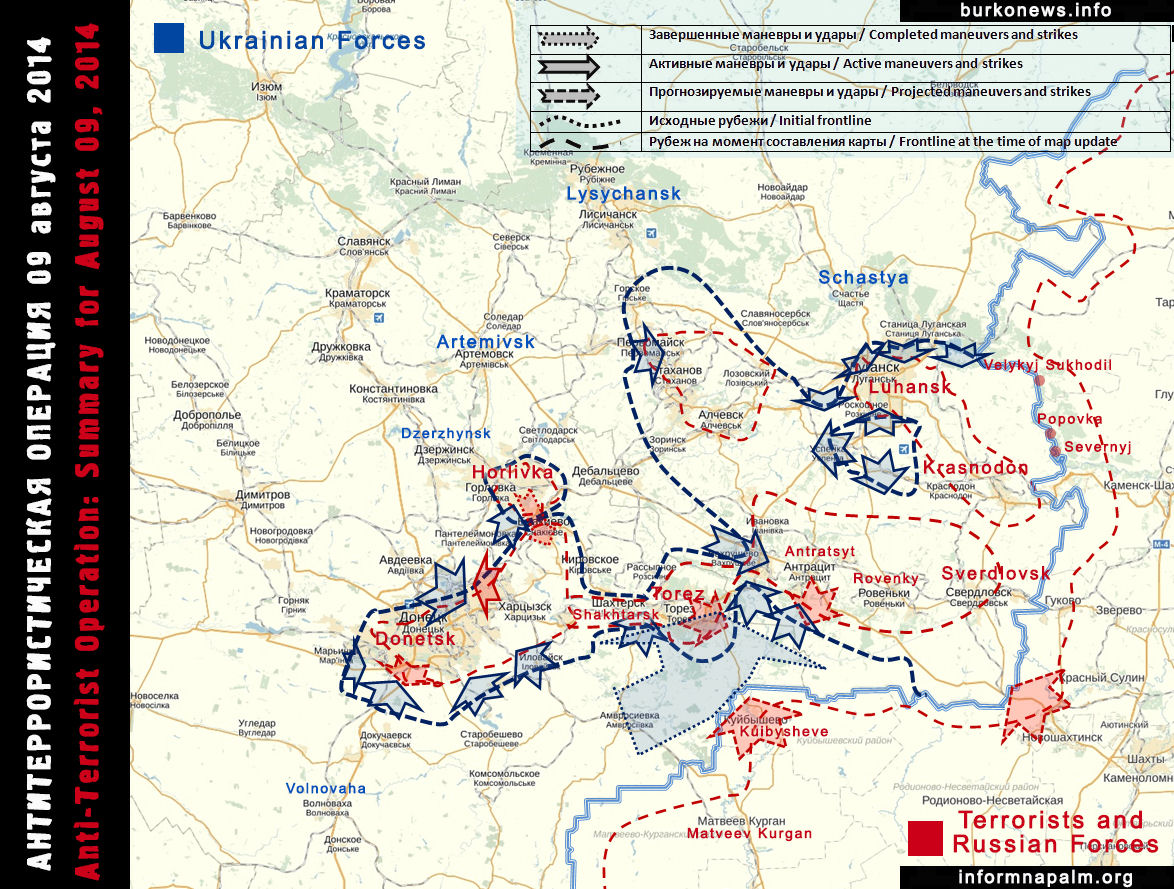London Euromaidan is sending 3 cars (2 SUVs and 1 Pick-up), protective equipment and medicine to Ukrainian soldiers on the front defending their country against Russian aggression. The vehicles were blessed in a ceremony at the Ukrainian Catholic Cathedral in London by the Ukrainian Eparchial Bishop, the Rt Revd Hlib Lonchyna and by Fr. Evhen at the Ukrainian Orthodox Church in London.
All three cars, and the supplies and equipment which fill them, have been bought with the donations raised by London Euromaidan at the Ukrainian Catholic Cathedral in London (22 Binney Street, London W1K 5BQ), Ukrainian Orthodox Church in London (1a Newton Avenue, London W3 8AJ), at London Euromaidan’s collection point at the Ukrainian Social Club (154 Holland Park Avenue, London W11 4UH) and through London Eurmaidan’s website www.saveukraine.co.uk .
The vehicles were blessed at the Ukrainian Catholic Cathedral in London by his Excellency Bishop Hlib on the 22nd of March in an emotional ceremony attended by around 1000 people.
After the ceremony the spokesman of London Euromaidan Stepan Shakhno said:
“Our sincere gratitude to all those who contributed with their generous donations, which has enabled us to buy these vehicles for the Ukrainian soldiers. We know that God will protect our soldiers in the war against Russian aggression, and we pray that our soldiers will soon come home alive, in one piece and victorious. We are all deeply grateful to the brave Ukrainian heroes who are risking their lives defending Ukraine and peace and stability for all of Europe.”
London Euromaidan spokesperson welcomed the recently announced deployment of 75 British military personnel for training purposes to Ukraine is a step in the right direction. But training alone will not be enough: “It is just wrong that our country has to rely on what little aid we can supply. We urge the UK government to supply the necessary equipment and weapons in order to increase Ukraine’s ability to defend itself against the Russian attack.”













